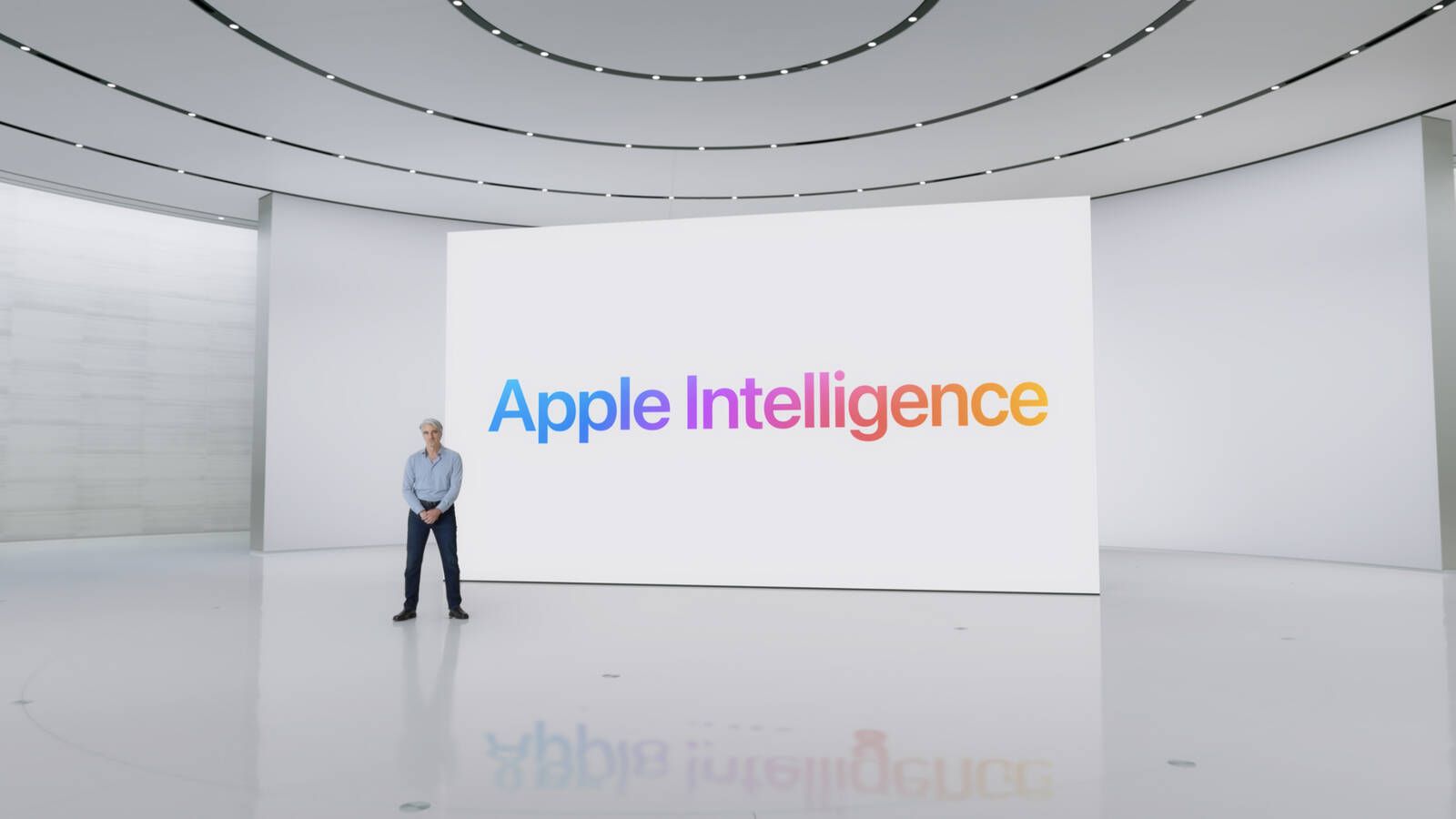A hot potato: Many were surprised to learn that connected vehicles collect data about drivers and sell that information to insurance companies. As it turns out, so do the apps on the driver’s smartphone. Most drivers are unaware that this is even happening.
Earlier this year, the New York Times dropped a bombshell on connected vehicle drivers: manufacturers collect and sell their driving data to insurance companies, which use the information to set premiums for individual drivers. Now, a new report shows that this type of data collection is more widespread than even dystopian-minded privacy advocates might have realized.
Information about driving habits is also being collected by apps that are only tangentially connected to vehicles. You may already have one installed on your phone.
Examples include Life360, MyRadar and GasBuddy. All have turn-by-turn analysis features that rely on sensor and motion data from the phone. The apps also provide insights into things like safety and fuel usage. Many of these apps partner with a company called Arity, a data broker founded by Allstate.
Arity uses the data it collects to create driving scores and then sells it to auto insurance companies, which use the data to set rates for drivers who use the apps. Arity claims to have over 40 million “active connections” with US drivers who have chosen to share their driving data through “consumer mobile apps, in-car devices and connected cars.”

While users must consent to data collection, the data request is often hidden in boilerplate contract language that most smartphone users don’t read. Apps also make it hard to see in the app selection process.
For example, GasBuddy has a feature that rates the fuel efficiency of trips. It’s “powered by Arity,” but the agreement to opt-in to data collection is in a small gray font under a big red button labeled “Join Drives.” Additionally, the disclosure informs the driver only that by clicking “Join Drives” they will share “certain information” with Arity and agree to its hyperlinked privacy statement.
The apps essentially double-cross their users, first by charging them a subscription fee, then by selling their driving data to car insurance companies. Customers know about the subscription cost. However, most are not aware of how much information data brokers collect and how much that data can cost them in their insurance rates.
If you don’t like the idea of your car insurance company spying on your driving habits, you should avoid apps powered by Arity or all apps related to driving.
#apps #track #driving #habits #sell #information #insurance #companies
Image Source : www.techspot.com


